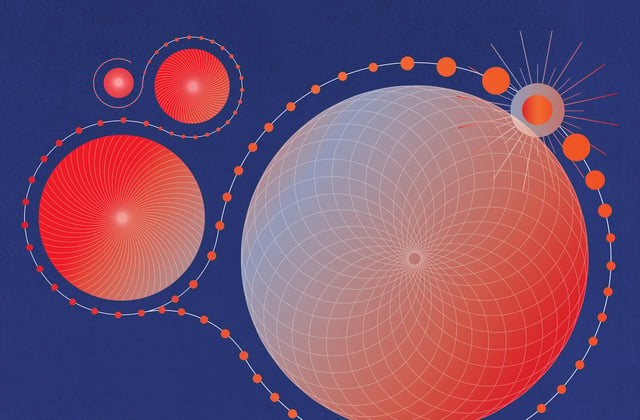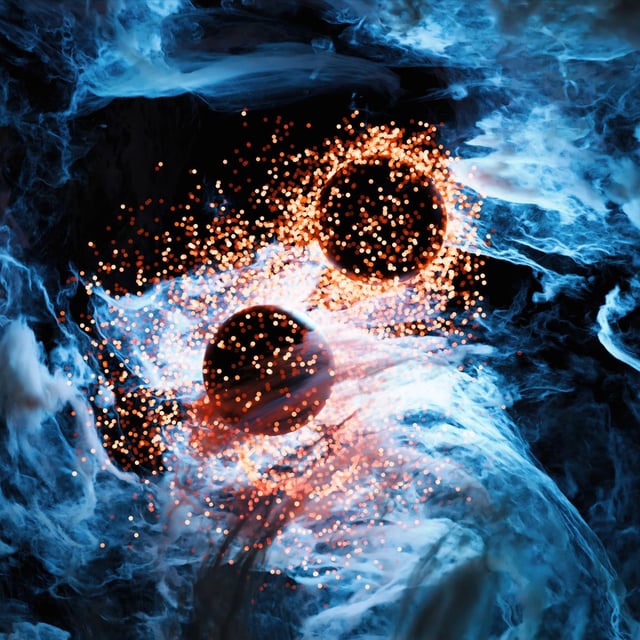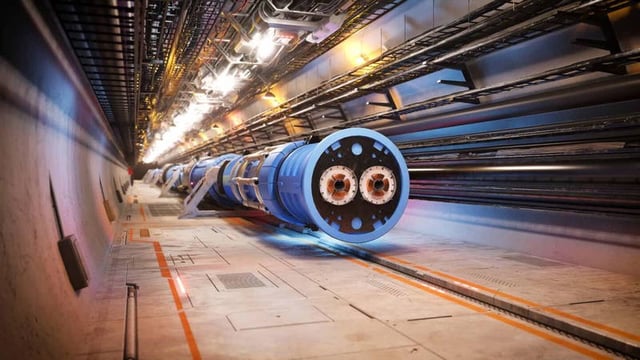Overview
- The feasibility study for the Future Circular Collider (FCC), a successor to the Large Hadron Collider, confirms its technical viability and estimates a cost of $16-17 billion.
- The FCC is planned to be built in two phases: an electron-positron collider in the 2040s and a proton-proton collider with 100 TeV collision energy in the 2070s.
- The proposed collider would have a 91-kilometer circumference, significantly larger than the LHC's 27 kilometers, and operate at an average depth of 200 meters.
- Environmental and socioeconomic considerations, including sustainable design and public engagement, were key components of the feasibility study.
- The CERN Council will review the study in November 2025, with a final decision on the project’s approval expected in 2028.


